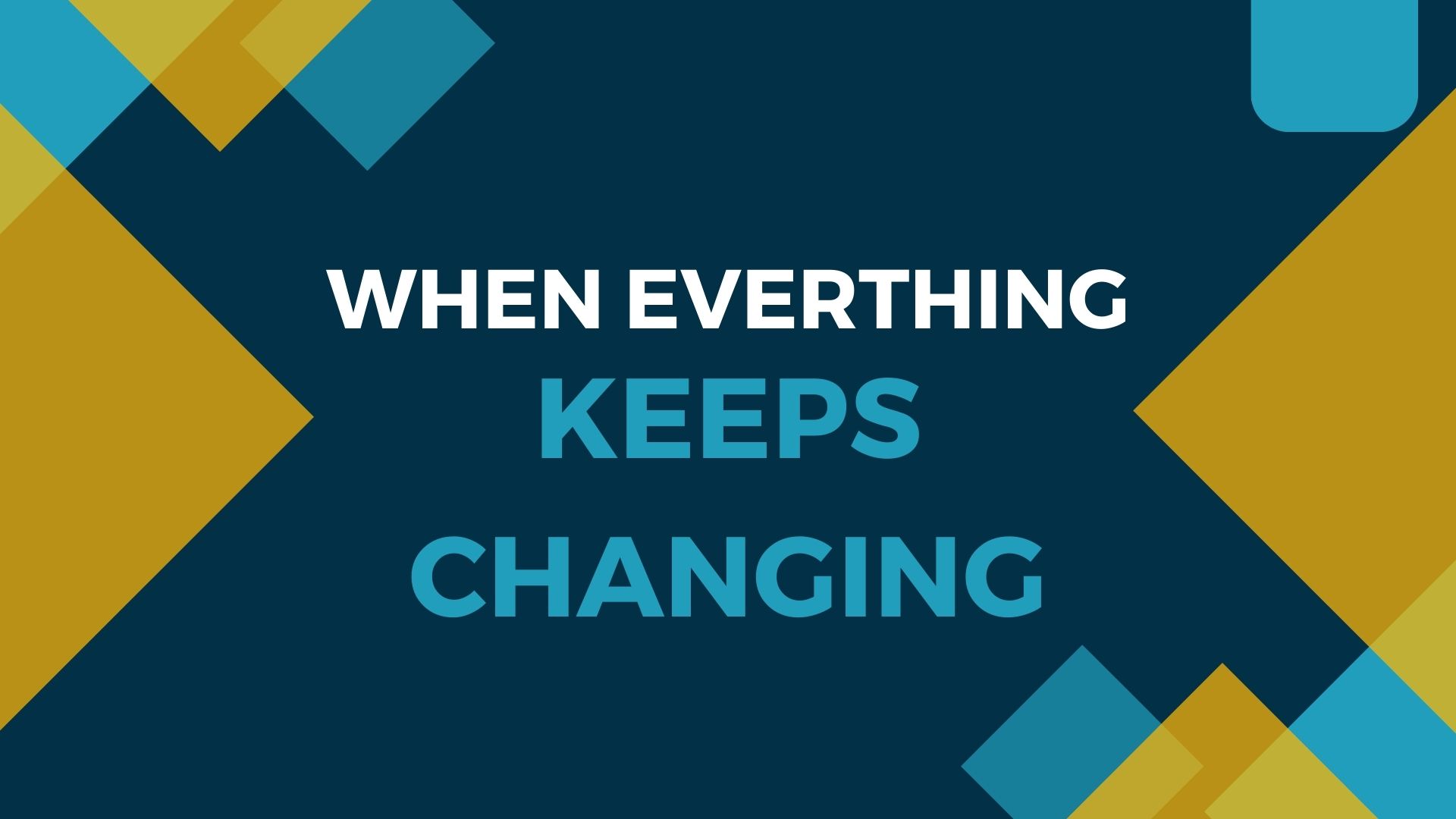When everything keeps changing...

Is everything really changing?
The subtitle of my upcoming book is How to facilitate change when everything keeps changing.
It was simply meant to be a placeholder. But on LinkedIn, Rachel Knight commented that "...it's the reality! Things never stop changing, but we're also always trying to facilitate positive change."
A quick check of stuff.co.nz just now has revealed:
- an unusually cold weather pattern is about to batter the South Island 🥶
- some homeowners are to be hit with a 100% rate rise 🤕
- a sewer has burst and collapsed in Parnell 😷
Are these just isolated events or do they reveal deeper cracks in the systems that sustain us?
Systems can seem strong... until they break
Recently I discovered a framework that helps give language to the dejection you may experience when working on issues that have no clear solution. It's called the BANI framework, which stands for:
- brittle - many natural and man-made systems seem strong... until they suddenly collapse or break
- anxiety-inducing - the state of our systems can scare us and induce anxiety
- non-linear - the connection between cause and effect seems less and less clear these days
- incomprehensible - answers don’t make sense... and getting more data often doesn't help.
Anxiety-inducing...
Earlier in the week, my wife Ellie asked me what I'd been researching. When I told her, she looked pretty stunned and said "Wow, I find it depressing that frameworks like this even exist."
I think that's a normal reaction. When faced with never-ending change, we can feel overwhelmed and scared.
In the book Lost Connections, Johann Hari explains how depression is not an individual condition... it's a societal condition caused by how we are living.
He asks: “What if depression is, in fact, a form of grief—for our own lives not being as they should? What if it is a form of grief for the connections we have lost, yet still need?”
...But also illuminating
There's an alternative response too.
If we accept that our society is an emperor with no clothes, we can move into a space of acceptance and exploration.
And how do we do that? That's where I reckon the practice of facilitative leadership fits in. More on that next week!